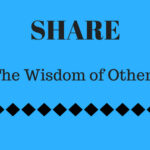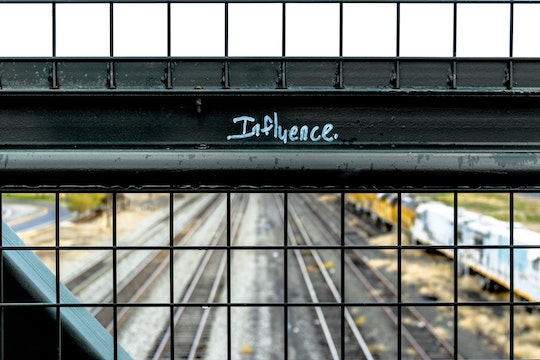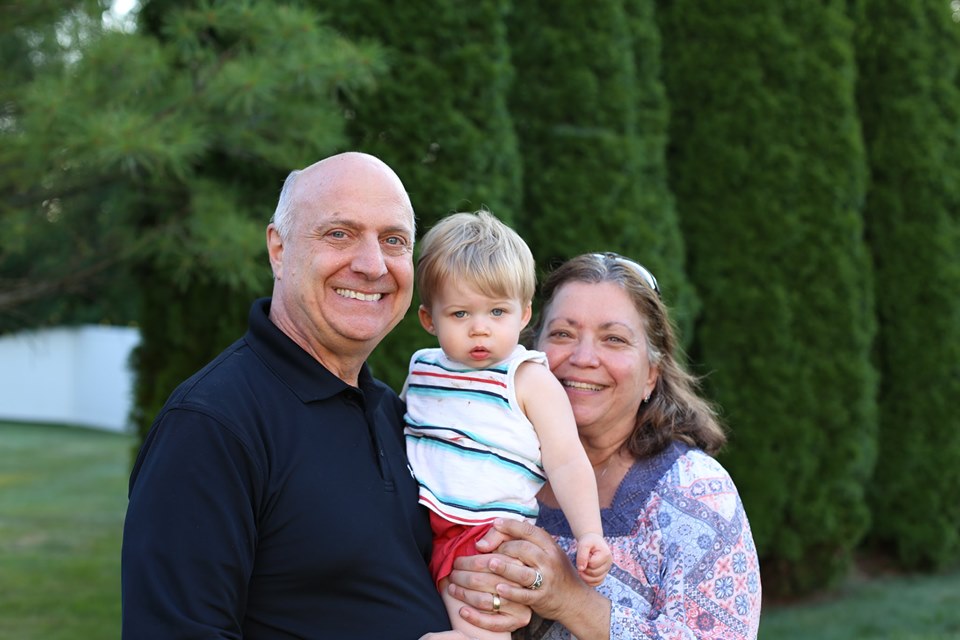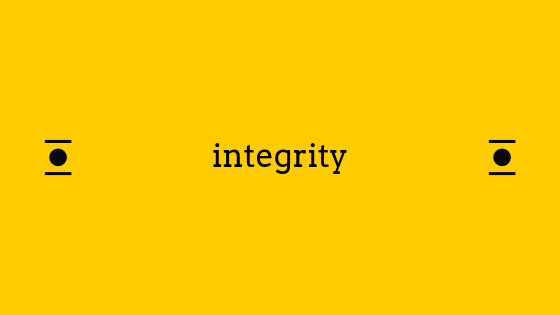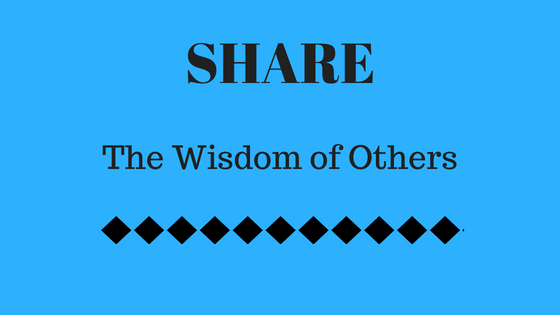“Shape behaviors instead of shaming them.”
—Sam Horn, CEO of The Intrigue Agency
How do you go about getting the things you want? How do you influence and persuade the people in your life to act in ways that you desire?
What are your current strategies and approaches with family members, neighbors, and your professional colleagues? As parents, grandparents, and other influencers of young impressionable minds, today’s quote is particularly relevant.
I recently attended an engaging webinar on Ethical Persuasion by Sam Horn, in which she introduced many practical and creative ways to gain attention and buy in to our ideas and intentions.
She shared what she called “words to lose” and “words to use” when we want to transform resistance into rapport. Here are just a few of her suggestions:
Words to Lose: but —should — you’ll have to
Words to Use: and — next time — If you would please
EXERCISE:
What are some of the words you use that are shaping or shaming the people in your life?





